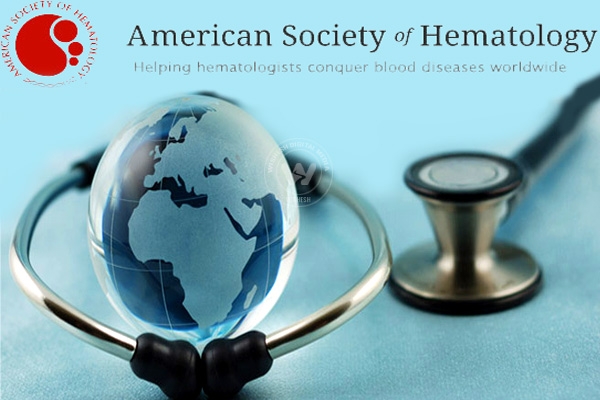Innovation in Medical Sciences create hope in leukemia patients
December 09, 2014 12:37
(Image source from: Innovatin in Medical Sciences create hope in leukemia patients})
A study that was presented at the 56th Annual Meeting of the American Society of Hematology given a new ray of hope. Scientists developed new therapy for treating cancer. This therapy targets an oncometabolite, shown positive results in cancer patients with advanced leaukemia in an early-phase clinical trial.

Around 15% of acute myeloid leukemia patients have a mutated form of the IDH2 gene. which normally makes a protein that plays a critical role in cell metabolism. However, when the gene is mutated, it leads to an increase in production of 2-hydroxyglutarate, which prevents immature white blood cells from developing into healthy, infection-fighting cells. These immature cells accumulate, crowd out normal cells, and lead to the development of acute leukemia.
AG-221 is an investigational drug that blocks the mutated IDH2 protein, effectively allowing these immature white blood cells to develop normally. Dr. Eytan M. Stein, who led the study, said that traditional forms of cancer therapy -- surgery, chemotherapy, and radiation work by killing cancer cells, but they have major side effects since healthy cells are often also affected. Targeted therapies have been much more precise. He added that AG-221 was especially unique, as instead of inhibiting a mutation that leads to cancer cell growth, it worked by targeting a gene that can transform cells into becoming healthy again.
As part of the study, 45 patients with IDH2-positive leukemia or hematologic malignancies were able to complete one cycle of therapy and were evaluated for efficacy. The overall response rate was 56%; 15 patients (33%) achieved complete remission and 10 patients (22%) partial remission. In addition, 17 patients (38%) achieved stable disease. Further, responses have been durable, including complete remissions that have lasted up to eight months and are ongoing. There were no treatment-related deaths.
Dr. Stein said that the drug had potential to transform the treatment of leukemia. More research was needed, but he was optimistic that the drug would fundamentally alter the natural history of IDH2-mutant leukemia and other hematologic malignancies.
If this study comes into existance after thorough experiments and developments, will help millions of patients suffering from this problem.
AW: Kannamsai








